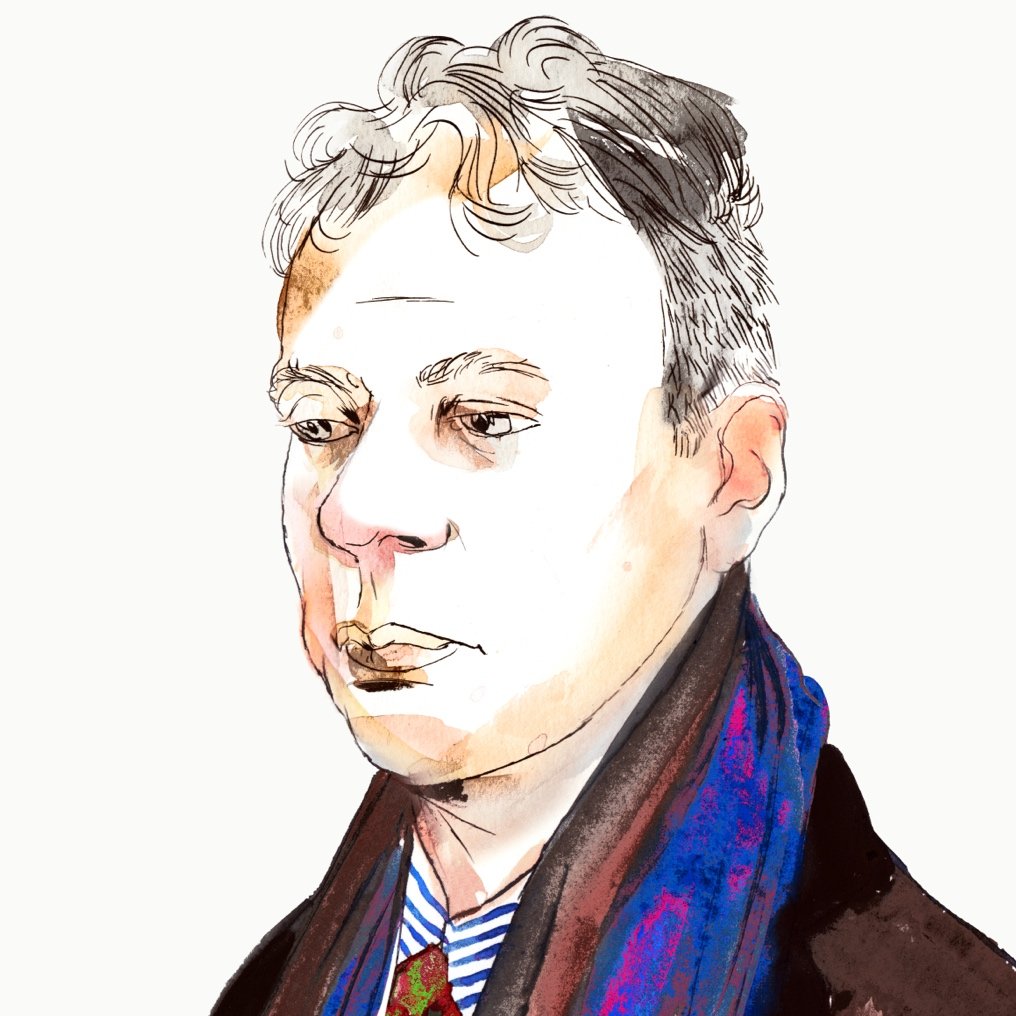I’m listening to a seminar in early modern thought. The subject is Meditations, the landmark treatise on doubt and knowledge by René Descartes. Inside a stately nineteenth-century mansion on one of the squares in old Savannah, eleven students pull up to a table and turn toward the man seated at the end, Professor Douglas Hedley. For the next two-and-a-half hours, with a short break partway through, Hedley leads a discussion of “I think therefore I am,” the evil genius, and God’s infinitude.
I stay quiet in the corner. I’m there to observe, not participate. This is Ralston College, the one-year post-baccalaureate institution that takes in twenty-four students and immerses them in Greek, Latin, and the great books of Western Civilization. (Disclosure: I am on the Board of Visitors.) Founder Stephen Blackwood tells me that the school gets hundreds of applications for those two dozen spots, and the quality of the pool is extraordinary. That’s not a surprise—how many middling students want to read ancient classics in the original?
Throughout the seminar, the attendees are intent, not lagging even after two hours. All of them—save one with a tablet propped in front of him—take notes with pen and paper. Hedley tells me later that Ralston has no rule about screens in class. These students prefer the old-fashioned way (they’re not Luddites; scientific evidence backs them up). Hedley poses a question: “Why the title Meditations?” and waits for an answer. Several seconds of silence follow, but not the kind of pause that makes people feel uncomfortable. It’s an interval for thinking, and I can tell students like the slow pace. The mood in the room is comfortable, though the subject matter is abstract and metaphysical. Every class has a chemistry, and the chemistry of this one is serious and reflective, and also genial and affirmative. People disagree, even with the teacher, and that’s fine.
The discourse is impressive. Hedley says, paraphrasing Descartes, “God is a bridge between mind and reality.” Some students ponder and take it in, while a couple wonder why that is so, why God is needed. Later the professor speaks of death as the separation of soul from body, which Socrates welcomes when he drinks the hemlock, and which Hedley sees as a philosophical workout—“practice for death” (that is, learning not to be ruled by the body and its appetites). For twenty minutes at the conclusion of the session, they address Kant’s warning, “Existence is not a predicate.”
When class ends, I join the students for lunch and conversation back at the dormitory/inn (Ralston covers room and board for the year). I ask them in turn to tell me where they come from and what they studied as undergraduates. This year’s pupils have traveled to Savannah from all over—Arizona, Louisiana, Georgia, New York, Mexico City—and their degrees range from neuroscience to data science, art history, film, philosophy, political science, German, and psychology. For ten months, they have halted their lives and suspended their careers in order to dive into the classics. In the fall they visited Greece, immersed in the architecture, art, literature, and local culture.
At night, we have dinner in another mansion not far from Flannery O’Connor’s childhood home. It’s a formal affair with profs and students in academic gown. One student rises to recite twenty-one lines of The Iliad by heart in the ancient tongue. After champagne and before we take our seats, Blackwood offers a blessing in Latin.
This is what studying the humanities should be like everywhere. The curriculum at Ralston is a dedicated brand of traditionalism that is rarely found in private or public institutions large or small. We know what happened to it: That model was discredited by professors forty years ago in the rush to be politically correct and cutting-edge and multicultural. I still remember professors at the time claiming that this abandonment of the old Western Civ thing would make the humanities more relevant and popular, up-to-date and culturally fit. It hasn’t turned out that way; the results are a rebuke. According to Humanities Indicators, in 2018 the fields of English, history, foreign languages, classics, linguistics, and philosophy combined drew only 4.4 percent of all bachelor’s degrees awarded that year.
In other words, barely one in twenty-five undergrads find any of those areas and their professors interesting enough to pursue them. For most college students, humanities exposure amounts to a class in freshman comp (often on a non-humanistic topic) and a general education requirement in history, fine arts, or whatnot. Students take those classes because they have to, not because they want to, and when they’re finished, they don’t come back. The professors who marched their fields into anti-heteronormativity, whiteness studies, feminist theory, anti-colonialism, etc., fired with the conviction of their revolutionary purpose, now face half-empty classrooms and deans shifting resources to departments that are growing, not shrinking.
The existence of Ralston College and two dozen other traditionalist gems in the United States point the way to a different game plan. There is demand for their services, much more than the schools can meet. We should have a hundred of them scattered across the country, keeping the tradition alive just as the Benedictines did a thousand years ago.
Mark Bauerlein is a contributing editor at First Things.
First Things depends on its subscribers and supporters. Join the conversation and make a contribution today.
Click here to make a donation.
Click here to subscribe to First Things.
Image by Dave & Margie Hill / Kleerup licensed via Creative Commons. Image cropped.
Deliver Us from Evil
In a recent New York Times article entitled “Freedom With a Side of Guilt: How Food Delivery…
Natural Law Needs Revelation
Natural law theory teaches that God embedded a teleological moral order in the world, such that things…
Letters
Glenn C. Loury makes several points with which I can’t possibly disagree (“Tucker and the Right,” January…


